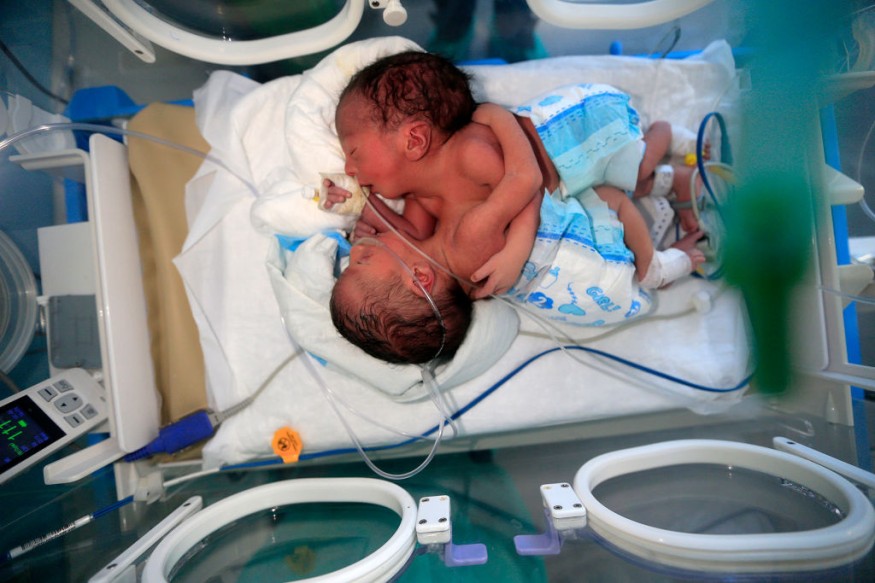In a rare case, a 19-year-old Brazilian woman claims she gave birth to twins with separate biological dads.
This "one in a million" instance has shocked physicians worldwide.
Nine months after having intercourse on the same day with two men, the Goias resident from Minerios gave birth to twins.
19-Year-Old Brazilian Woman Gives Birth To With With 2 Different Fathers
The mother allegedly claimed that her children shared a striking resemblance in appearance, Mirror said. Still, after eight months, questions regarding the father's identity surfaced.
As their children's birthdays loomed, the mother continued doubting who their father was. She conducted a paternity test to determine the father's identity after giving birth.
Daily Mail reported that the 19-year-old woman, who asked not to be identified, discovered that just one of her children tested positive for DNA.
She said she "was surprised" by the results and did not know this could happen.
The young mother stated that one of the fathers helped with the infants' upkeep when they were 16 months old.
How Did It Happen?
Although exceedingly unlikely, the event is not improbable. Scientifically, this is referred to as heteroparental superfecundation.
Speaking to Globo, her doctor, Tulio Jorge Franco, explained it is possible when different men fertilize two eggs from the same mother.
"The babies share the mother's genetic material, but they grow in different placentas," added Franco.

According to the National Library of Medicine, this scenario happens when sperm from a different man is used in a separate sexual encounter to fertilize a second ovary produced during the same menstrual cycle.
Heteropaternal superfecundation is common in dogs, cats, and cows but unusual in humans, according to a 2018 article in The Guardian (via CNBC TV18).
Other Cases of Heteroparental Superfecundation
According to The New York Post, there are other cases of this phenomenon worldwide.
A judge in New Jersey decided in 2015 that a man only had to pay child support for one of the two children because he only fathered one of the twins.
In the contentious case, DNA expert Karl-Hans Wurzinger referenced research he conducted and published in 1997 that revealed that separate dads are involved in around one out of every 13,000 twin paternity instances that are officially acknowledged.
"Since an egg has a life span of 12 to 48 hours and a sperm is viable for seven to 10 days, there is about a week's time for potential overlap and the fertilization of two eggs by two sperm from two separate acts of intercourse with different men," Dr. Keith Eddleman, director of obstetrics at New York's Mount Sinai Hospital, told CNN at the time of the trial.
RELATED ARTICLE : Identical Twins Don't Share the Same DNA All The Time
Check out more news and information on Genetics in Science Times.
© 2026 ScienceTimes.com All rights reserved. Do not reproduce without permission. The window to the world of Science Times.












